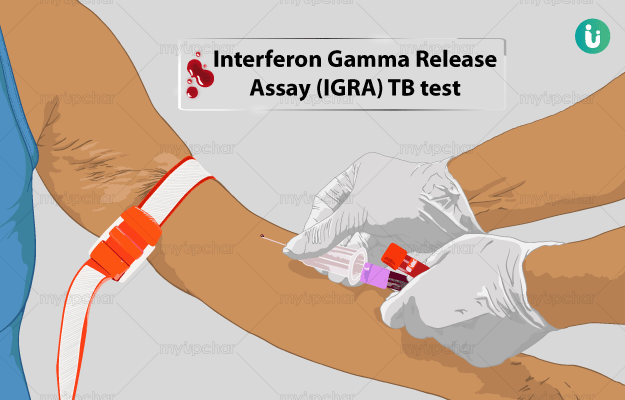What is Free PSA (Prostate-specific antigen) test?
Prostate-specific antigen is a protein that is secreted by the prostate gland in men. Prostate is a small gland located below the urinary bladder. Most of the PSA is released in the semen (PSA facilitates the passage of sperms in the fallopian tube), some amount of PSA also goes into the bloodstream. The levels of PSA in men may increase slightly with age and as the prostate gets bigger. However, PSA levels also surge in certain conditions that range from prostate inflammation to prostate cancer.
The prostate-specific antigen is present in two forms in the blood—attached to proteins and in free form. Together, they form the total PSA. Since high levels of prostate-specific antigen may be seen in conditions other than prostate cancer, the total prostate-specific antigen test cannot say for sure if the levels are increased due to prostate cancer. Thus, this test is only used as a screening tool and not as a diagnostic test for prostate cancer.
Free prostate-specific antigen test can be employed as a confirmatory test after a prostate-specific antigen test to estimate your risk of prostate cancer. Free prostate-specific antigen percentage also evaluates the aggressiveness of the cancer.
The percent-free prostate-specific antigen is a ratio of the free prostate-specific antigen to the total prostate-specific antigen.
A low free prostate-specific antigen percentage indicates a greater risk of prostate cancer and vice versa. Low free prostate-specific antigen percentage could also indicate high-grade cancer, whereas a high free prostate-specific antigen percentage indicates a slow-growing tumour.
































